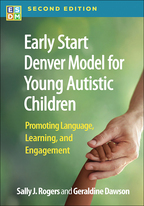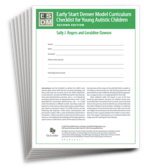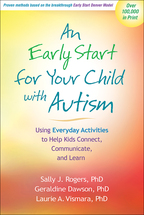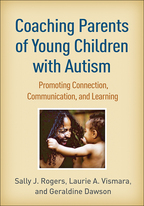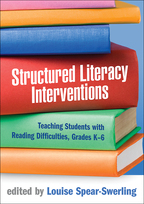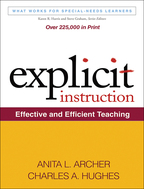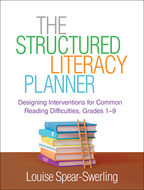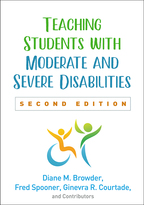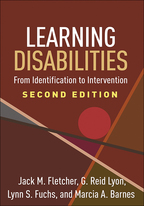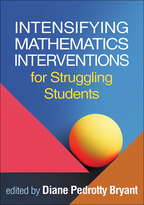Early Start Denver Model for Young Autistic Children
Second Edition
Promoting Language, Learning, and Engagement
Sally J. Rogers and Geraldine Dawson
HardcoverPaperbacke-bookprint + e-book
Hardcover
orderDecember 11, 2025
ISBN 9781462559169
Price: $98.00 343 Pages
Size: 7" x 10"
Paperback
orderDecember 15, 2025
ISBN 9781462558759
Price: $65.00343 Pages
Size: 7" x 10"
e-book
orderDecember 18, 2025
PDF and Accessible ePub ?
Price: $65.00 343 Pages
ePub is Global Certified Accessible
print + e-book $130.00 $78.00
orderPaperback + e-Book (PDF and Accessible ePub) ?
Price: 343 Pages
ePub is Global Certified Accessible
Check out a special package offer including this title!

Used worldwide, this trusted resource is now in a thoroughly revised second edition, reflecting key advances in early intervention research and practice. The Early Start Denver Model (ESDM) is the first comprehensive, naturalistic, developmental–behavioral, empirically tested intervention specifically designed for infants displaying early signs of autism and young autistic children. Leading experts Sally J. Rogers and Geraldine Dawson guide practitioners to assess and support all aspects of children’s development—including social communication, language, cognition, imitation, and play—using enjoyable, interactive routines in everyday settings. The manual is grounded in state-of-the art findings from the developmental, clinical, and learning sciences. The companion website provides details about the ESDM Fidelity Rating System and a summary of key intervention strategies.
New to This Edition
New to This Edition
- Chapters on what to do when a child’s progress is concerning, partnering with families, and implementation of ESDM in different countries and cultures.
- Significant new research on brain development and how it differs in autism.
- Updated and comprehensive approach to promoting language development, with increased attention to alternative and augmentative communication strategies.
- New and revised decision trees and expanded efficacy research.
- Focus on promoting autistic children’s development from a neurodiversity-affirming perspective.

